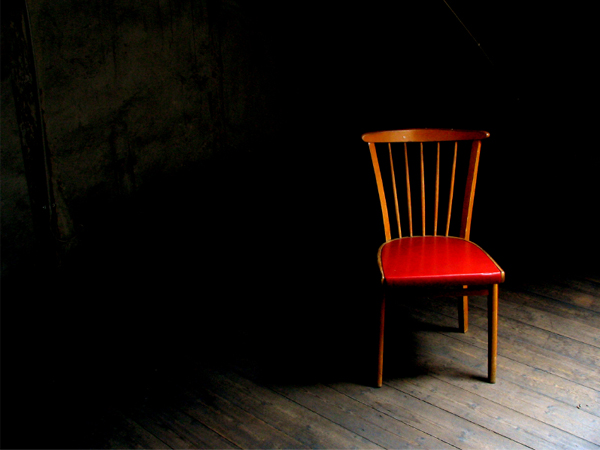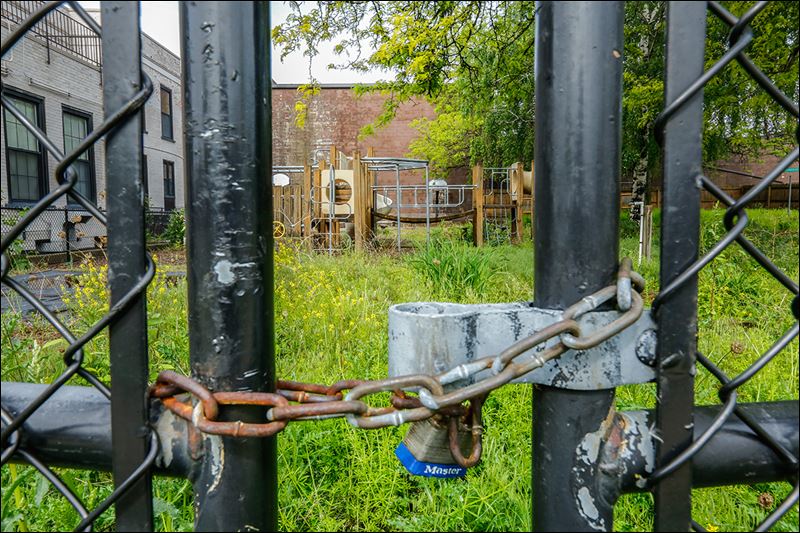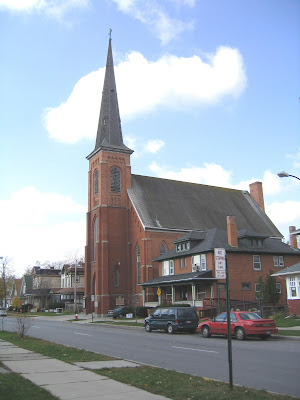 Pentecost 11B, August 9, 2015
Pentecost 11B, August 9, 2015John 6:35, 41-5135Jesus said to them, “I am the bread of life. Whoever comes to me will never be hungry, and whoever believes in me will never be thirsty. 41Then the Jews began to complain about him because he said, “I am the bread that came down from heaven.” 42They were saying, “Is not this Jesus, the son of Joseph, whose father and mother we know? How can he now say, ‘I have come down from heaven’?” 43Jesus answered them, “Do not complain among yourselves.44No one can come to me unless drawn by the Father who sent me; and I will raise that person up on the last day. 45It is written in the prophets, ‘And they shall all be taught by God.’ Everyone who has heard and learned from the Father comes to me. 46Not that anyone has seen the Father except the one who is from God; he has seen the Father. 47Very truly, I tell you, whoever believes has eternal life. 48I am the bread of life. 49Your ancestors ate the manna in the wilderness, and they died.50This is the bread that comes down from heaven, so that one may eat of it and not die. 51I am the living bread that came down from heaven. Whoever eats of this bread will live forever; and the bread that I will give for the life of the world is my flesh.”
I have a little book
where I keep my prayer list. Each week, I pray for anyone who is in that little
book, and recently, I’ve noticed something. We have a lot of empty places, empty chairs at the dinner table or easy chairs in our living rooms, and yes,
empty places in the pew. We have had some significant funerals this year, and many
of our hearts are heavy with grief.
We hunger for the
bread of eternal life- for us and for our loved ones.
 |
| "The Divine Spark" from Michelangelo's painting on the ceiling of the Sistine Chapel |
Those words “eternal
life”, though- what exactly do they mean? In the Greek, there are three words
that get translated into our word life: bios,
psyche, and zoe. Bios is the physical life, the life of
the body. Psyche is the soul-life,
the life of the soul. But zoe is the
spiritual life, the divine life, the God-given and incorruptible life. It’s
what the Gnostics might have called the divine spark in each person, which they
sought above all things. Jesus is talking about that kind of life here- the
divine, spiritual life, and instead of setting a bunch of hoops before the
people that they must jump through, he promises that those who simply believe in
him will have unending zoe.
And not only will this
zoe be unending, in John 10:10, Jesus
also declares that he came for abundant zoe.
In John 10:10, “I came that they may have life, and have life abundantly.”
 Jesus comes with life
abundant and endless, and unlike the Gnostics, to whom John was writing, Jesus
gives that endless and abundant life as a gift. It is not earned through secret
knowledge or good deeds or following all the rules. It’s given through “belief”
in Jesus- and that word for belief is less about mental knowledge but more like
leaning on, trusting in, being in relationship with Jesus.
Jesus comes with life
abundant and endless, and unlike the Gnostics, to whom John was writing, Jesus
gives that endless and abundant life as a gift. It is not earned through secret
knowledge or good deeds or following all the rules. It’s given through “belief”
in Jesus- and that word for belief is less about mental knowledge but more like
leaning on, trusting in, being in relationship with Jesus.
Perhaps because our
physical bodies die, the bios, and because
it seems that the soul or mind dies with it, the psyche, many of us believe that eternal life happens after this
one. But zoe life does not pick up
where bios or psyche leave off. It is not a chronological concept. It is endless.
It is a circle that begins and ends with Jesus. Because it is given through
Jesus, who conquered death, it cannot be snatched away by death. Our bodies may
wear out and give up breath and beating heart. Our minds may wander or grow
weary or forgetful. Nevertheless, our zoe
does not ever change. It is given as a glorious and wondrous gift through
Jesus, for all time, now and forever.
 |
| Irises by Vincent Van Gogh |
Does that change our
grief, as we think of the empty places in our homes and our hearts? Maybe. For
we know one another through physical bodies, through our minds. What makes you
you is a combination of your body, your mind- and when those die, it is sad. For
there will never be another person just like you.
But in this gospel
text, Jesus reminds us that we are greater than the sum of our parts, and there
is something greater that we are part of that does not end, does not 
 change,
does not die. Through our endless life in Jesus, our loved ones are still with
us. Through Jesus, life does not end. That gives me comfort, even in my grief.
Thank you, Jesus, for being our living bread of eternal life. Amen.
change,
does not die. Through our endless life in Jesus, our loved ones are still with
us. Through Jesus, life does not end. That gives me comfort, even in my grief.
Thank you, Jesus, for being our living bread of eternal life. Amen.

 |
| Iris Fields in La Conner, by Brad Mitchell |







